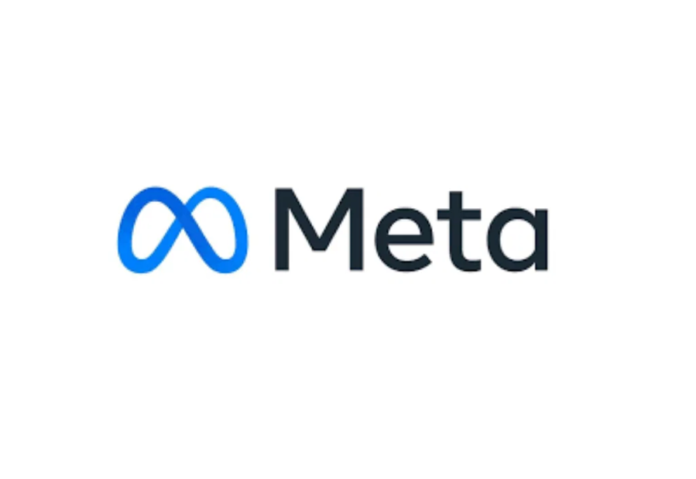
Numerous partners in India have expressed worry over Meta’s decision to end its fact-checking initiative in the US, leading them to reevaluate their approaches. Experts caution that the decision may have a big effect on Indian social media users, where Meta has one of its biggest fact-checking networks.
Although Meta has made it clear that the ruling only pertains to the US, where community-driven initiatives like X’s Community Notes will take the place of third-party fact-checking, the ramifications of the judgment are being eagerly watched in India. In this case, the business works with eleven independent, accredited fact-checking organizations that provide material in fifteen different languages.
Industry experts and advocacy organizations contend that ending the initiative might make Indian users more susceptible to false information.
“This raises serious concerns, as untrained individuals may lack the awareness or tools to recognise and mitigate the biases that professional fact-checkers actively work to address,” said Pranav Bhaskar Tiwari, senior programme manager at The Dialogue, an emerging public-policy think tank.
According to Tiwari, users are now primarily responsible for addressing damaging but context-dependent information, even if unlawful content—such as anything pertaining to fraud, child exploitation, and terrorism—will continue to be regularly controlled. Additionally, he cautioned that the policy calls into doubt Meta’s capacity to safeguard customers who are at risk, especially children.“As Meta’s Community Notes initiative matures, it must work diligently to prevent the platform from being flooded with content skewed towards specific political leanings, preserving an inclusive digital space,” he added.
Although they have not yet experienced any immediate effects of the decision, a number of Indian fact-checking organizations who collaborate with Meta stated that they are now reevaluating their business plans. Many people are worried about the program’s possible termination, just like Tiwari is.
Jency Jacob, managing editor at BOOM, India’s first fact-checking newsroom, commented on LinkedIn: “The ending of the programme was inevitable someday and is definitely not a surprise, even for the US fact-checkers. But the choice of words by the Meta CEO is unfortunate and not in sync with the actual experience of his own team who implemented the programme and worked hard on it. The programme can end, but the need for fact-checking and its importance for honest public discourse will only increase, even as funding becomes harder to access. Fact-checkers will have to find alternative ways to survive and scale up or down accordingly.”
The fact that just a few big companies actively work with fact-checkers—Meta, Google, and X (through its Community Notes)—makes India’s fact-checking ecosystem more concerning.
“To give credit to Meta, they have supported fact-checkers for the last five or six years. But if they plan to stop, it will have a significant impact. While Google also works with fact-checkers, they fund via grants. Only Meta has contracts with fact-checkers as part of editorial operations,” said a source from a fact-checking company working with Meta in India.
Experts caution that Meta’s move to community-driven moderation marks a significant departure in the platform’s approach to content control. “The unrestricted availability of such content could feel overwhelming to users unfamiliar with these topics until their recommender algorithms adapt to their preferences and viewing habits,” said Tiwari.
According to fact-checkers from Meta who talked to Business Standard, users in India will be disproportionately impacted by the change. “If I, as a social media user, see an alarming post on Facebook, and there is no fact-checker to assist in identifying credible content, I am left vulnerable to being misled,” said a senior executive at another fact-checking organisation.
Angie Drobnic Holan, director of the International Fact-Checking Network, echoed these concerns in a LinkedIn post: “This decision will hurt social media users who are looking for accurate, reliable information to make decisions about their everyday lives and interactions with friends and family. Fact-checking journalism has never censored or removed posts; it’s added information and context to controversial claims, and it’s debunked hoax content and conspiracy theories.”
Household Truths
-
Meta works with eleven independent, accredited fact-checking organizations in India that provide content in fifteen different languages.
- Experts caution that discontinuing the program might expose users to false information.
- Users are now primarily responsible for handling dangerous yet context-dependent material.
- Indian fact-checkers are reevaluating their business plans.
Also read: Viksit Workforce for a Viksit Bharat
Do Follow: The Mainstream formerly known as CIO News LinkedIn Account | The Mainstream formerly known as CIO News Facebook | The Mainstream formerly known as CIO News Youtube | The Mainstream formerly known as CIO News Twitter
About us:
The Mainstream formerly known as CIO News is the premier platform dedicated to delivering the latest news, updates, and insights from the CIO industry. As a trusted source in the technology and IT sector, we provide a comprehensive resource for executives and professionals seeking to stay informed and ahead of the curve. With a focus on cutting-edge developments and trends, The Mainstream formerly known as CIO News serves as your go-to destination for staying abreast of the rapidly evolving landscape of technology and IT. Founded in June 2020, The Mainstream formerly known as CIO News has rapidly evolved with ambitious growth plans to expand globally, targeting markets in the Middle East & Africa, ASEAN, USA, and the UK





